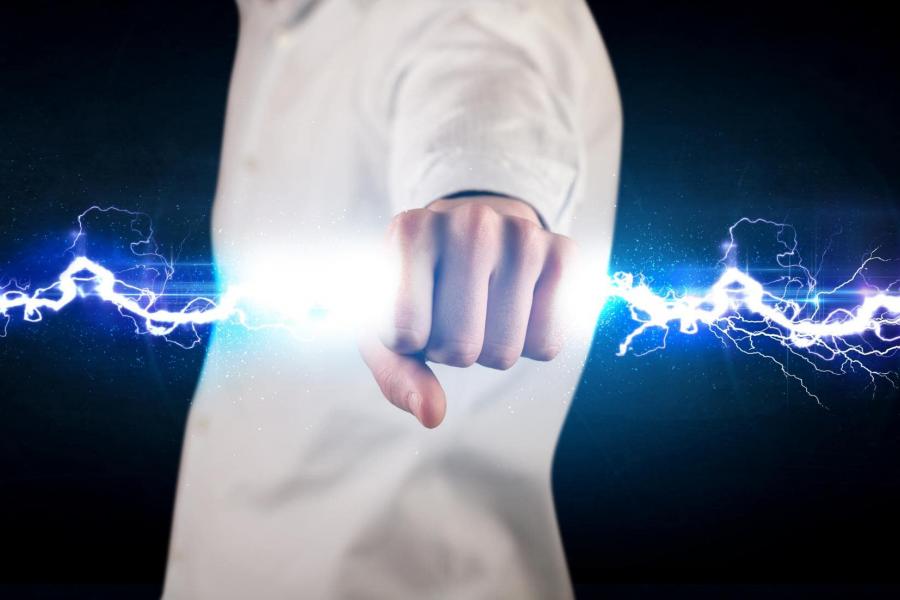
Inspection - measures against static electricity
INTRODUCTION
In many production plants and environments, there is a risk of electrostatic discharge due to the build-up of static electricity. Electricity that can occur in bad or non-conductive substances is called static electricity, also called insulators. An electrical charge can be generated in the insulators, which will build up to a risky voltage level in adverse conditions. There is a risk of fire or even dust explosions as soon as the accumulated static electricity discharges via spark transfer.
PREVENTION IS BETTER THAN CURE
The best remedy for discharge is preventing the build-up of static electricity. If no voltage level is built up, the risk of spark transfer and the subsequent risks do not exist. The build-up of static electricity can be prevented in three ways. By consistently grounding all metal installation components, by keeping the humidity at a high level, and/or by adding antistatic process fluids. Consistent grounding is treated in this product sheet.
INSPECTION METHODOLOGY
The inspection methodology is based on the correct and efficient inspection of potentially hazardous situations due to static electricity, and on the assessment of the measures taken to counter this.
The relevant data are collected during the visit and the inspection day(s), including:
- inventory of the installations, pipes and equipment that can cause charging, accumulation of charge, and discharge;
- inventory of areas and spaces with gas and/or dust explosion hazards compared to the aforementioned installations, pipes and equipment;
- inventory of the liquids and solids used within the processes and the speeds at which they are transported or processed;
- assessment of the measures and arrangements already taken to prevent electrostatic charging. The emphasis is on performing measurements on the installation, assessing the consistent settlement.
The data collected and the NPR-CLC-IEC/TR 60079-32-1 are used to determine whether hazardous situations can arise due to electrostatic charging, accumulation of charge, and discharge. The Chemistry Card Book (Chemiekaartenboek), various reference works and company data can be used.
Bureau Veritas Industrial Services has extensive experience with inspections in utilities, industrial installations, healthcare environments and in public buildings. An independent and high-quality inspection can always be carried out with our knowledge and experience.
INFORMATION
For additional information about our services and the possibilities, please call us on +31 88 4505720.